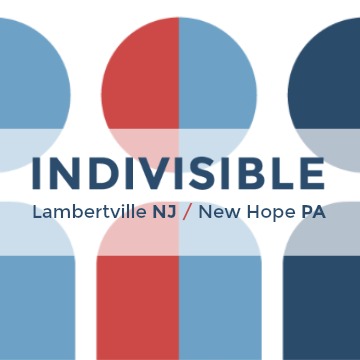Contributed by Alexis Berends.
The year is 2050. My son is 34 years old and has his whole life ahead of him. But what does his world look like? Is the spring equinox throbbing with birdsong as flowers emerge from the depths of winter? Are the coral ecosystems still teeming with life and diversity? Are forests still abundant? Or did people choose to ignore the fire in the kitchen when he was just a child, robbing him of the grandeur and splendid beauty that generations before him experienced?
After the murder of George Floyd in May of 2020, we collectively said enough. Many white people, such as myself, started to take a deeper look into systemic white supremacy in order to create a better future for generations of BIPOC people the world over. As Layla F. Saad said, we decided to become better ancestors. We began to recognize the inherent risks of ignoring the systemic problem of white supremacy in order to create a more just world for the generations ahead. This work is far overdue and will take many, many years, but we are starting to understand as a global society that it is incredibly necessary to face the ugliness of racism and white supremacy, as challenging as it may be.
At the same time, the climate issue is burning right before us and we are hiding in the shadows of ignorance, much as we have hid in the shadows of ignorance towards our own systemic racism. Somehow we believe if we ignore these things long enough they will disappear, but that simply is not true. It’s time we emerge from the shadows and do the work to lay a more sustainable foundation for our children.
If we continue down the path of “business as usual” in regards to climate future generations will inherit a world vastly different than our own. We have fished our global oceans to the brink of extinction, losing over half of our global fish populations since 1960. Freshwater fish populations, like those in our own Delaware River and its watershed, have declined by 76% since 1970, and 95% of fish sampled in the Delaware River contain microplastics.
Within our own lifetimes we will face a global refugee crisis that is unprecedented in human history as people flee the disastrous impacts of Climate Change. BIPOC communities in our own nation face the most direct threats, much as we witnessed during Hurricane Katrina and the resulting horrific inaction of the government.
At present, only 20% of the global population knows that more than 90% of scientists agree we must meet carbon neutrality by the year 2050 to slow the rate of global warming to 1.5 degrees celsius. That means 80% of people remain in the shadows and lack the understanding that we need to radically transform society if we want to save humankind from imminent demise.
Sir David Attenborough said that Climate Change is a communications issue. People aren’t pressing for change because they simply do not understand. Humans aren’t hardwired for crises as existential as the Climate Crisis. But it’s time we start learning and teaching those around us the importance of protecting our environment on a radical level. We need to start having difficult conversations about animal consumption, the fishing industry, the use of pesticides and herbicides in our gardens, and our terminal addiction to plastics.
ACTIONS:
Do the work to investigate your personal footprint on this planet. Hold yourself accountable and challenge yourself to make the necessary changes. Switch to a plant based diet or drastically reduce your consumption of animal products. Vote with your dollar by buying local food and products with sustainable packaging (glass, aluminum, paper, cardboard – avoid plastics at all costs because we don’t authentically recycle them). And lastly, get involved in the conversation by becoming an environmental advocate. There are countless ways to volunteer – from picking up trash from the sides of the road to demanding Congress take action.
We must also hold industry and elected officials accountable for instances of environmental injustice and inequity, demanding they build resiliency in BIPOC communities and close toxic industrial production in those communities. Investigate what sort of industry might be polluting BIPOC communities that you don’t see in your own neighborhood. Ironbound Community Corporation is a fantastic place to start. Push elected officials to pass substantial policies such as the Thrive Agenda, Environmental Justice for All Act, or the Break Free From Plastic Pollution Act – all of which Representative Malinowski has yet to sponsor as of this writing. Familiarize yourself with Cory Booker’s introductions of the Justice for Black Farmers Act and the Climate Stewardship Act. If you live in Pennsylvania, urge your Senators to sponsor these bills.
We must end these toxic industries, clean our waterways, and reevaluate our diets, while increasing Green Jobs in order to guarantee well paying, sustainable jobs to BIPOC communities and beyond. In order to protect our children’s futures, we must spark the conversation and emerge from the darkness.



